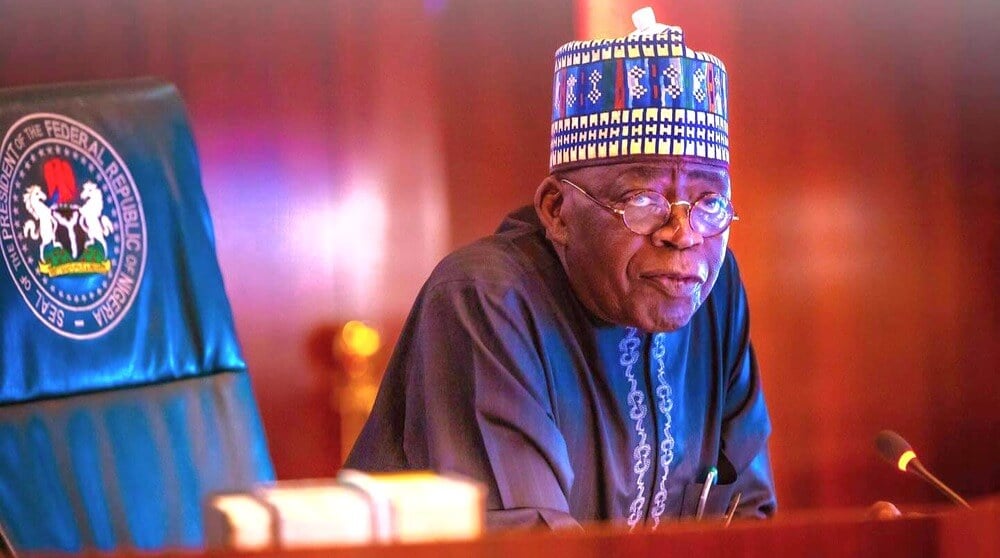The Speaker of the House of Representatives in Nigeria, Abbas Tajudeen, has reaffirmed the House’s support for President Bola Tinubu’s borrowing strategy, emphasizing its importance for economic growth and poverty reduction. Speaking at the 8th Annual African Network of Parliamentary Budget Offices Conference in Abuja on Monday, Abbas dispelled reports that the House opposed the borrowing plan, describing such claims as “mischievous and misleading.”
The National Assembly, according to Abbas, acknowledges the need for responsible borrowing to fund critical infrastructure, stimulate economic growth, and protect vulnerable populations. He noted that the Tinubu administration is utilizing borrowed funds for transformative projects in key sectors such as power, transport, and agriculture, rather than for consumption. The Speaker highlighted that the borrowing strategy is guided by prudence, transparency, and global best practices, as outlined in Nigeria’s Medium-Term Debt Strategy.
To ensure sustainability, the National Assembly is strengthening its oversight mechanisms. A significant reform in this regard is the establishment of the National Assembly Budget and Research Office, which provides independent analysis on borrowing, debt sustainability, and fiscal policy. This development is expected to enhance the legislature’s capacity to monitor and evaluate the government’s borrowing activities.
Abbas’s statement comes as Nigeria continues to navigate its economic challenges, with borrowing playing a crucial role in the government’s efforts to finance development projects and stimulate growth. The country’s debt profile has been a subject of discussion, with concerns raised about the sustainability of its borrowing. However, the government maintains that its borrowing strategy is aimed at investing in critical infrastructure and human capital, which are essential for long-term economic development.
The National Assembly’s support for the borrowing strategy is significant, as it underscores the legislature’s commitment to working with the executive to achieve Nigeria’s economic goals. As the country moves forward with its development agenda, the role of the National Assembly in providing oversight and ensuring transparency in the borrowing process will be critical. With the establishment of the National Assembly Budget and Research Office, the legislature is well-positioned to provide effective oversight and contribute to the country’s economic growth and development.

![terrorists exchange gunfire with nigerian troops in kogi state Troops, terrorists exchange gunfire in Kogi [VIDEO]](https://mediatalkafrica.com/wp-content/uploads/2026/01/xTerrorists-Exchange-Gunfire-With-Nigerian-Troops-In-Kogi-State-1024x768.jpeg.pagespeed.ic.-0GWWsVqRd.jpg)
